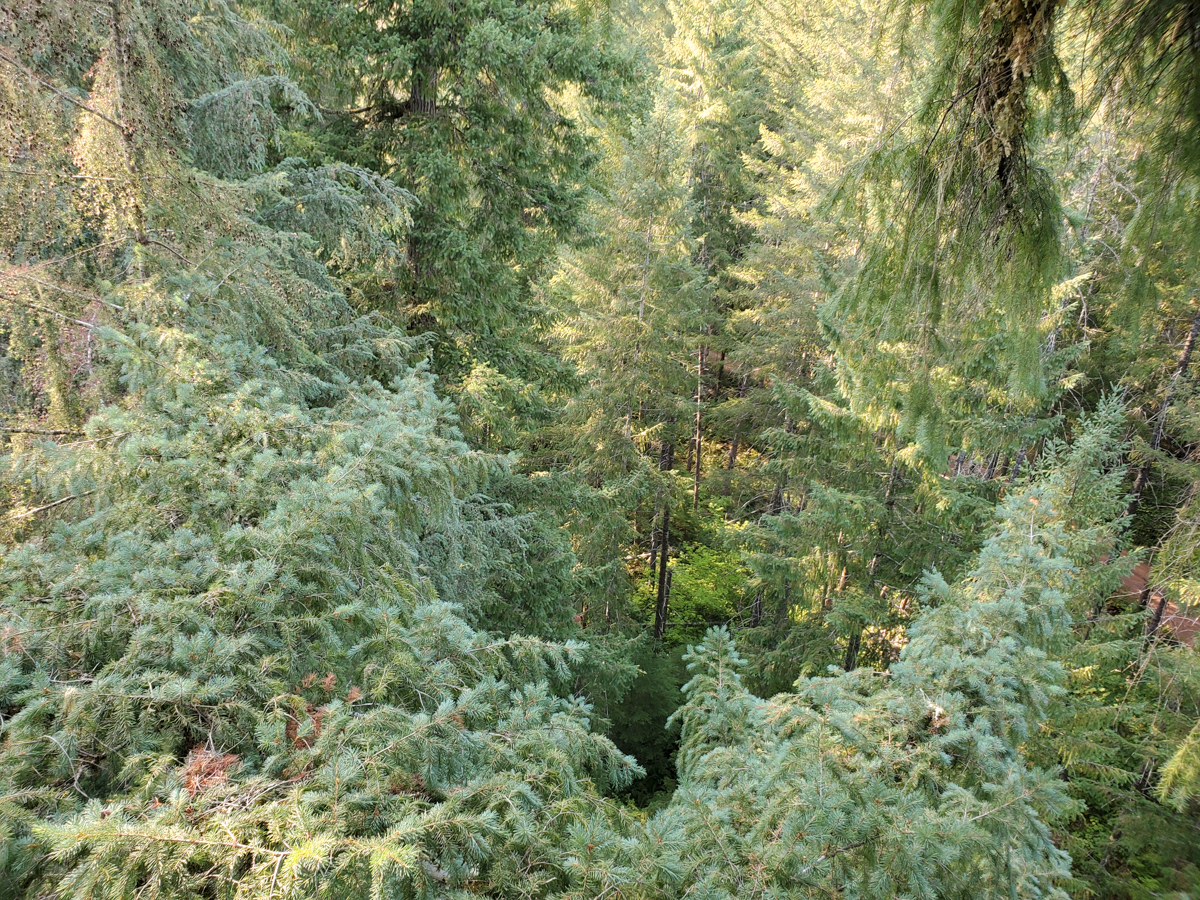A cross-site synthesis marking the 40th anniversary of the LTER Network reveals how a long-term ecological research perspective facilitates insights into ecosystem response to climate change, described in an overview paper by Jones and Driscoll (2022). At all 28 LTER sites, from the Arctic to Antarctica, air temperature and moisture variability have increased since 1930, with increased disturbance frequency and severity and unprecedented disturbance types, altered primary production, enhanced cycling of organic and inorganic matter, and changes in populations and communities.
The Andrews Forest is one of nine forest/freshwater LTERs. Campbell et al (2022) report that forest and freshwater ecosystems are tightly linked and together provide important ecosystem services, but climate change is affecting their primary production, carbon storage, water and nutrient cycling, and community dynamics.
Jones and Driscoll (2022) report that virtually all ecosystem and ecological processes are being affected by changing climate. Responses differ by region or ecosystem type, and interact with other past and ongoing human activities. Ecosystem responses to climate change are just emerging and are likely to intensify as climate change accelerates. Long-term ecological research can link changes in greenhouse gases to environmental forcing, ecosystem responses, ecosystem services, and climate feedback loops. These syntheses demonstrate the value of and need for continued long-term ecological research on ecosystem responses to global climate change.
In an introduction to the series, Nelson (2022) notes that our knowledge, our love, and our privilege as ecosystem researchers carry a corresponding responsibility to directly address climate change both by describing the impacts of climate change on ecosystems and by advocating on behalf of those ecosystems.
Press release from Oxford University Press: https://www.eurekalert.org/news-releases/961901

